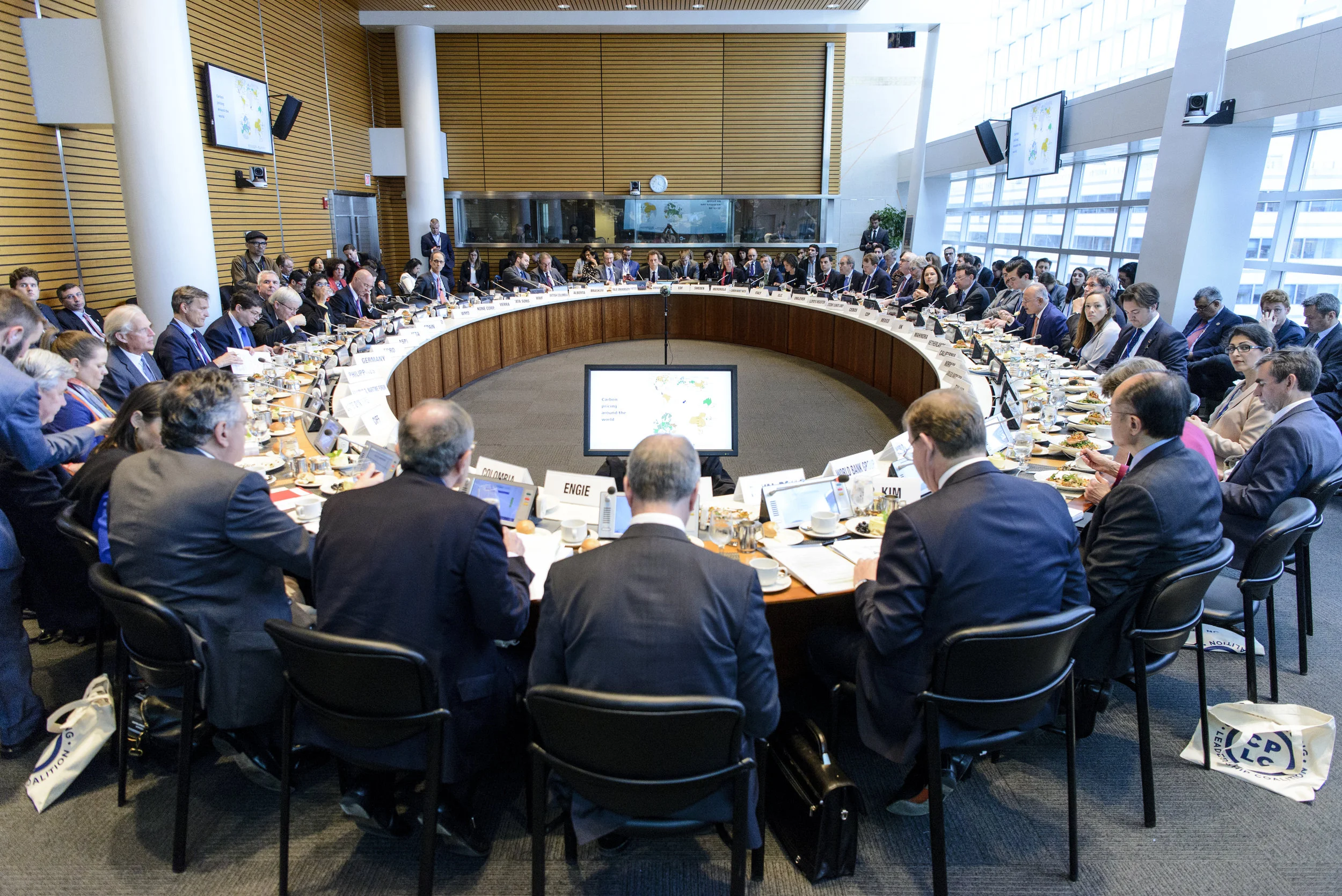In 2017, we continued to see steady growth of carbon pricing in Asia. Some of the encouraging trends include China’s launching its national emission trading system (ETS) in December 2017, Kazakhstan restarting its ETS in 2018 after a two-year suspension, Korean introducing new design reforms in the ETS, Singapore preparing to implement a carbon tax from 2019 and India declaring its intention to launch a voluntary carbon market in the country.
The Carbon Pricing Leadership Coalition: Fostering Climate Leadership in a Bottom-Up World
I was one of the architects behind the CPLC, and have recently moved to a new position to help the International Finance Corporation promote private sector-led development. Departing put me in reflective mode: how did this unique, impactful initiative come to exist? And can a bottom-up, public-private initiative, provide lessons to those seeking new models to tackle other global challenges?
Carbon Pricing: The Business Case for Low-Carbon Innovation
Unilever: Using Carbon Pricing to Achieve Corporate Goals
Worldwide, the private sector is increasingly acknowledging the business case for investing in climate business opportunities and climate risk management. However, the question of which management approaches are most appropriate for each company is still being explored.
In a recent webinar on designing and implementing internal carbon pricing hosted by the Carbon Pricing Leadership Coalition (CPLC), the World Economic Forum (WEF) and Yale University, Unilever - one of the largest consumer goods company in the world - discussed some approaches that businesses can take, and have already taken, to implement such measures.
Carbon Pricing to Catalyze Sustainable Shared Prosperity
Our experience illustrates the transformational innovation of this multilevel, multilateral coalition: non-governmental organizations, governments, UN agencies, businesses, banks, and universities, come together around one table, and work as peers to design and to facilitate the deployment of smart carbon pricing, across the world. Such multilevel collaboration is essential to achieving the optimal timeline to full-spectrum inclusive climate prosperity.
What makes the CPLC unique?
People often ask me what the CPLC does and what sets us apart among all those advocating for climate action. My response is that the CPLC is unique because of the myriad backgrounds, experiences, and perspectives of its partners, as well as the ways in which the richness of this diversity is incorporated into its leadership style.
4 Ways Companies Can Price Carbon: Lessons from India That Can Work Anywhere
The Indian government has adopted some of the world’s most ambitious renewable energy targets, which are a centerpiece of its strategy to address climate change. Now, 40 Indian companies are joining the national effort by setting a price on their internal carbon emissions, which can facilitate greener decision-making.
German businesses outpace politicians on carbon issues
Low-carbon shipping: Will 2018 be the turning point?
While inland transport was included in the 2015 Paris Agreement and international air transport followed suit in 2016, progress in the international shipping sector, which carries 80% of the world’s trade volume, has been more modest. Back in 2011, the International Maritime Organization (IMO) did adopt a set of operational and technical measures to increase the energy efficiency of vessels. Realistically though, it may take about 25-30 years to renew the world’s entire fleet and make all new vessels fully compliant with IMO’s technical requirements.




















